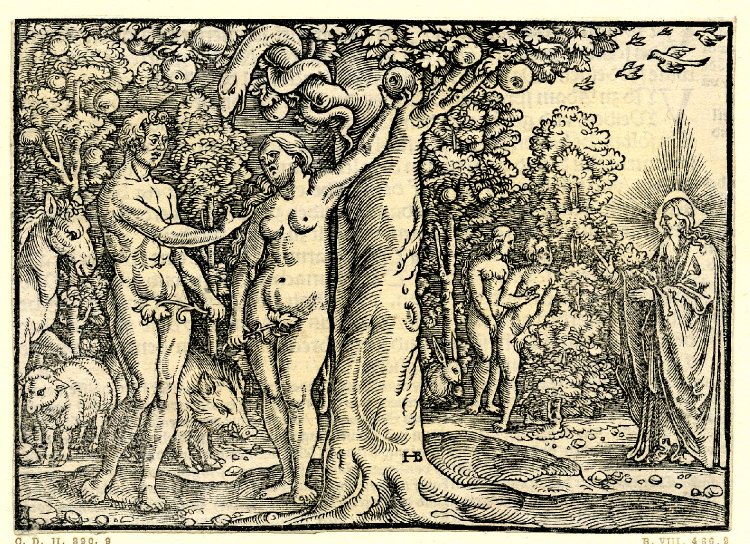“And God blessed them, and God said unto them, Be fruitful, and multiply, and replenish the earth, and subdue it: and have dominion over the fish of the sea, and over the fowl of the air, and over every living thing that moveth upon the earth.” (Genesis 1:28)
Dominion is defined as sovereignty or control. When translated literally in the context of Genesis 1:28 it gives rise to an interpretation of human superiority over Earth and her living creatures. In his analysis of the Catholic Church, “The Historical Roots of Our Ecological Crisis”, Lynn White assumes the literal definition of dominion, and therefore places the blame of the ecological crisis on the church and its followers. This dominion, he argues, stems from the removal of natural spirits within the context of religion causing devaluation and exploitation of the natural world. However, there are other interpretations of the creation story, giving special consideration to the significance of dominion. In the Laudato Si’, the Pope specifically clarifies the difference between “dominion” and “domination”, stating that the dominion over nature given to man by God is a responsibility to care for and protect, not to exploit. He points out that, unfortunately, the actions of man have led the definitions of dominion and domination to become blurred into one and that the need to redefine and reevaluate our actions based on God’s original meaning of dominion has never been more urgent than now.
The current actions of humans are reflective of Lynn White’s article and interpretation of dominion; we are exploiting the earth for selfish benefit and without respect for natural processes. The Pope acknowledges our actions, but instead of placing the blame on the teachings of the Catholic Church, accuses man of misinterpreting God’s word. These differences in interpretation have significant impacts on political, religious, and cross cultural understanding. If both White and the Pope interpreted the meaning of dominion in the same manner White’s blame on the Catholic Church may have instead been directed onto the actions of man. This misunderstanding has larger implications; without the divide between the scientific community (White) and the Catholic Church (the Pope), there would exist cooperation, rather than conflict, while working towards the common goal of a sustainable and healthy planet.

